
The story of Anas, may God be pleased with him: how he cast a napkin into a fiery oven, and it was not burnt. حکایت مندیل در تنور پر آتش انداختن انس رضی الله عنه و ناسوختن
از انس فرزند مالک آمدست که به مهمانی او شخصی شدست
It has come (down to us) concerning Anas son of Málik that a certain person became his guest.
او حکایت کرد کز بعد طعام دید انس دستارخوان را زردفام
He (that person) related that after the meal Anas saw the table-napkin (was) yellow in hue,
چرکن و آلوده گفت ای خادمه اندر افکن در تنورش یکدمه
Dirty and stained; and said, “O maid-servant, throw it into the oven at once.”
در تنور پر ز آتش در فکند آن زمان دستارخوان را هوشمند
Thereupon the intelligent (maid) threw it into the oven, which was full of fire.
جمله مهمانان در آن حیران شدند انتظار دود کندوری بدند
All the guests were astounded thereat: they were in expectation of (seeing) the smoke of the (burning) napkin.
بعد یکساعت بر آورد از تنور پاک و اسپید و از آن اوساخ دور
After a short time she took it out of the oven, clean and white and purged of that filth.
قوم گفتند ای صحابی عزیز چون نسوزید و منقی گشت نیز
The party (of guests) said, “O venerable Companion (of the Prophet), how didn’t it burn, and how too did it become cleansed?”
گفت زانک مصطفی دست و دهان بس بمالید اندرین دستارخوان
He replied, “Because Mustafá (Mohammed) often rubbed his hands and lips on this napkin.”
ای دل ترسنده از نار و عذاب با چنان دست و لبی کن اقتراب
O heart afraid of the fire and torment (of Hell), draw nigh unto such a hand and lip as that!
چون جمادی را چنین تشریف داد جان عاشق را چهها خواهد گشاد
Since it (the Prophet’s blessing) bestowed such honour upon a lifeless object, what things will it reveal to the soul of the lover!
مر کلوخ کعبه را چون قبله کرد خاک مردان باش ای جان در نبرد
Inasmuch as he (the Prophet) made the clods of the Ka‘ba the qibla (towards which the Moslems turn), do thou, O soul, be (as) the dust of holy men in (thy) war (against the flesh).
بعد از آن گفتند با آن خادمه تو نگویی حال خود با این همه
Afterwards they said to the maid-servant, “Wilt not thou tell (us) thine own feelings about all this?
چون فکندی زود آن از گفت وی گیرم او بردست در اسرار پی
Why didst thou (so) quickly cast it (into the oven) at his behest? I suppose he was acquainted with the secrets,
اینچنین دستارخوان قیمتی چون فکندی اندر آتش ای ستی
(But) why didst thou, mistress, throw such a precious napkin into the fire?”
گفت دارم بر کریمان اعتماد نیستم ز اکرام ایشان ناامید
She answered, “I have confidence in the generous: I do not despair of their bounty.
میزری چه بود اگر او گویدم در رو اندر عین آتش بی ندم
What of a piece of cloth? If he bid me (myself) go without regret into the very essence of the fire,
اندر افتم از کمال اعتماد از عباد الله دارم بس امید
I, from perfect confidence (in him), will fall (throw myself) in: I have great hope of them that are devoted to God.
سر در اندازم نه این دستارخوان ز اعتماد هر کریم رازدان
I will throw myself in, not (only) this napkin, because of my confidence in every generous one who knows the mystery.”
ای برادر خود برین اکسیر زن کم نباید صدق مرد از صدق زن
O brother, apply thyself to this elixir: the faith of a man must not be less than the faith of a woman.
آن دل مردی که از زن کم بود آن دلی باشد که کم ز اشکم بود
The heart of the man that is less than a woman is the heart that is less (in worth) than the belly.
Special Offers
by: Reza about (category: Masnavi, Persian Poetry)


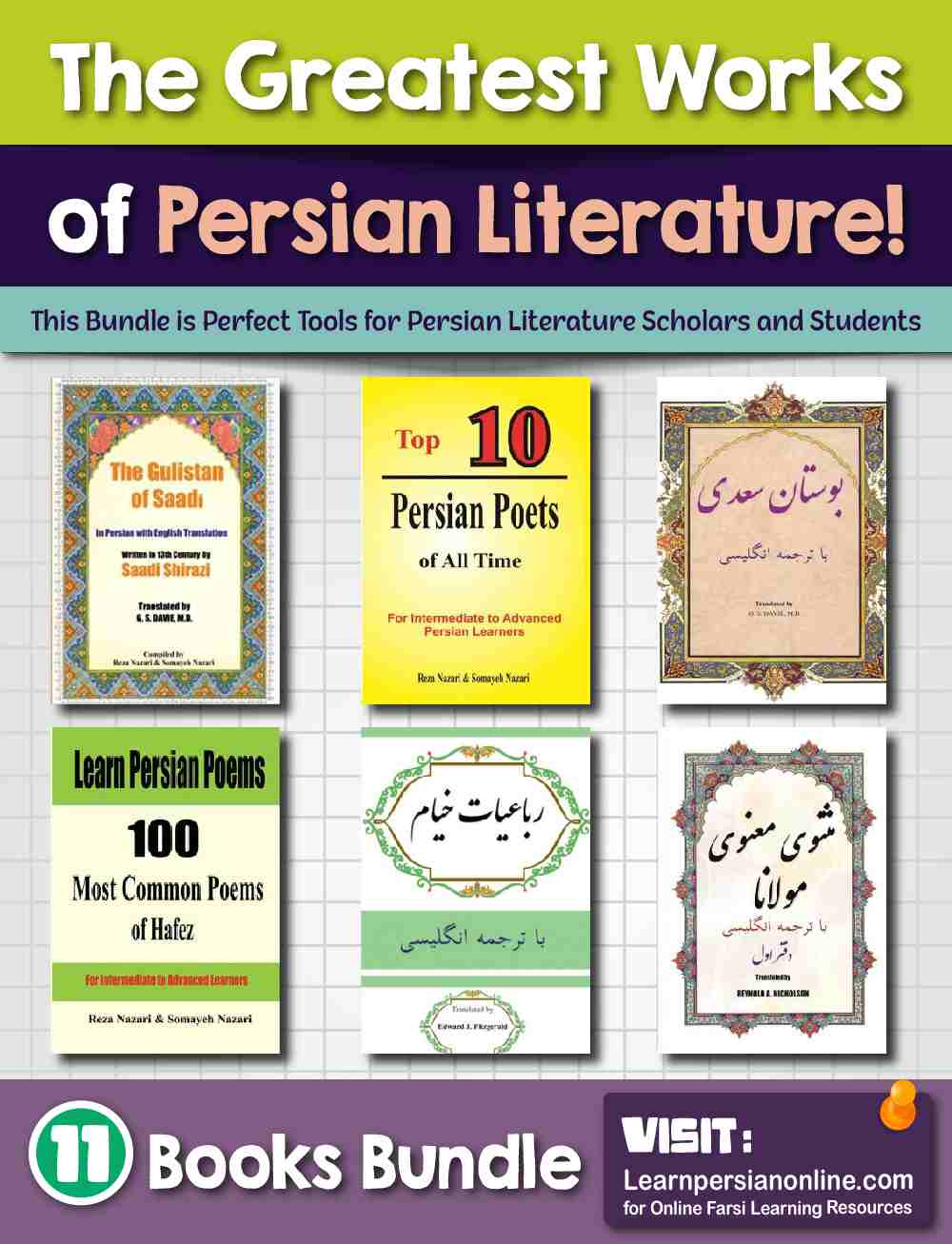
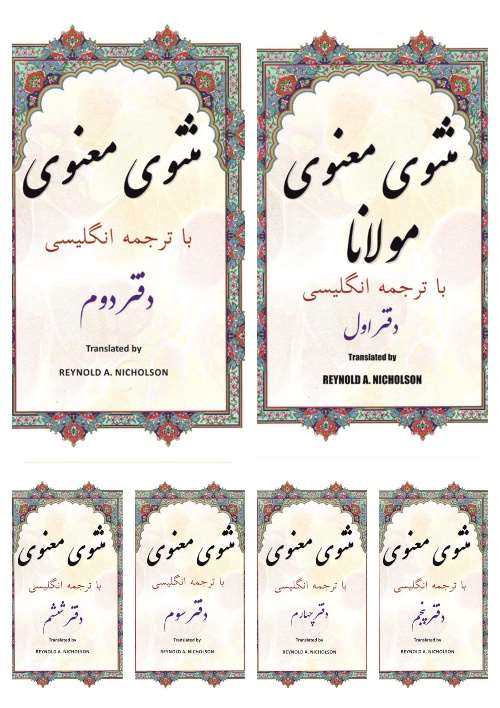
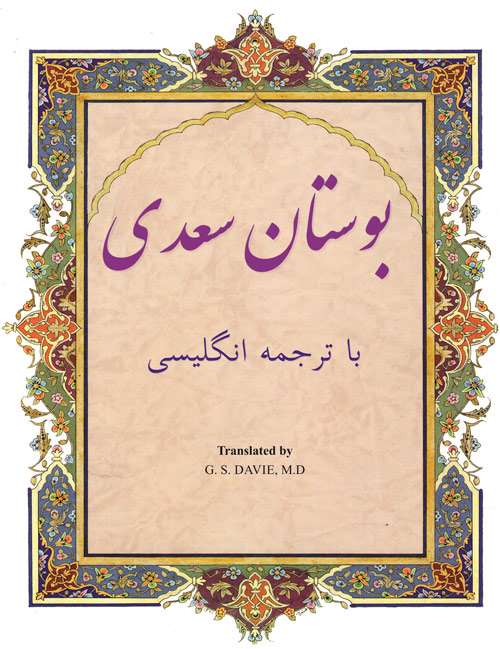
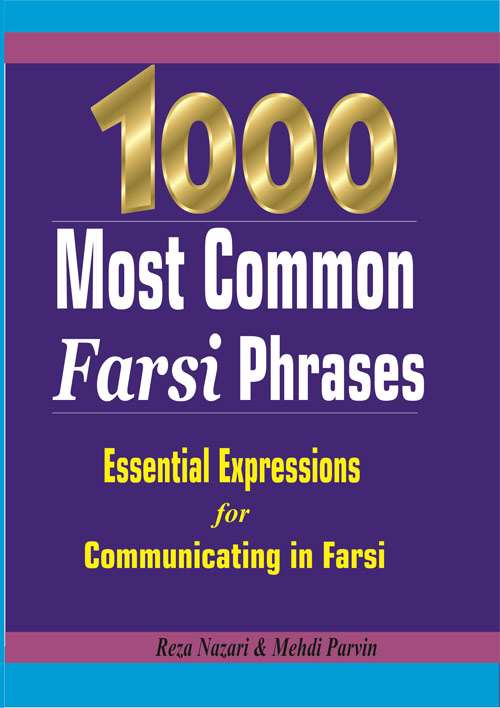
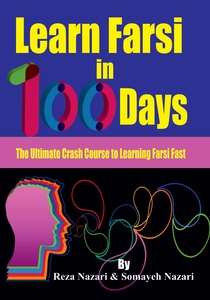






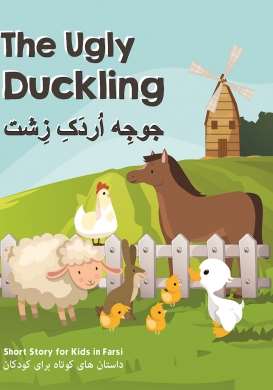
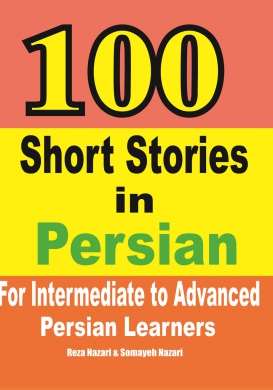

What people say about "The story of Anas"?
No one replied yet.